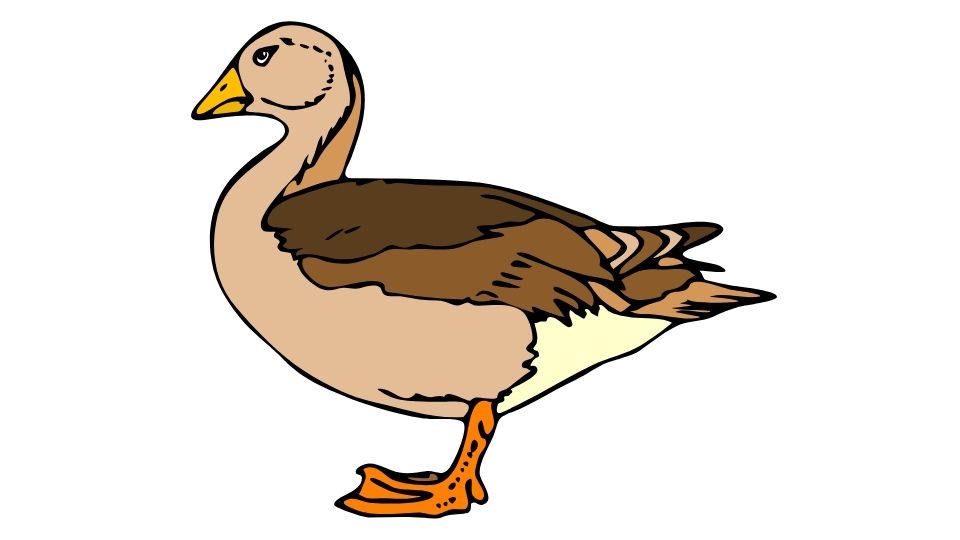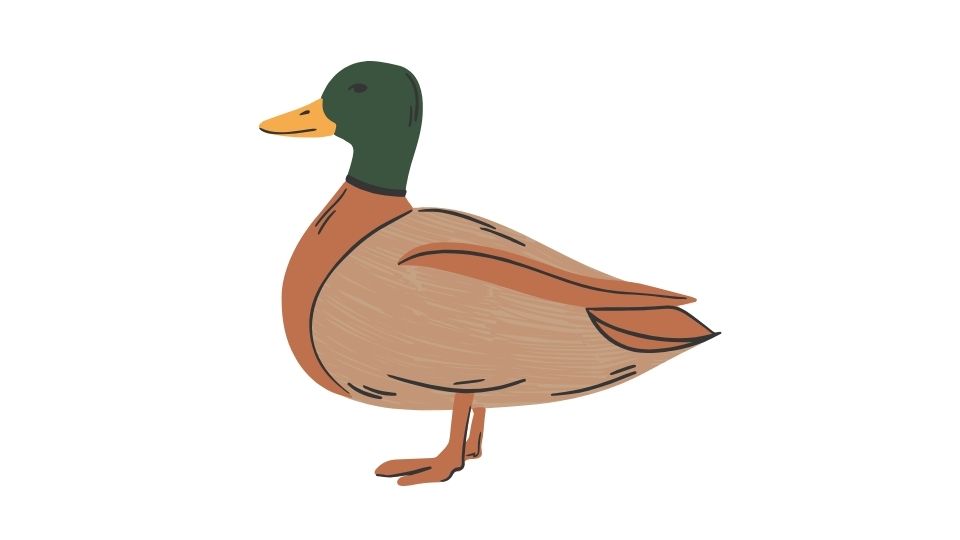Ever wondered just how much protein is in a pound of duck meat?
I know I have. In fact, this exact question popped into my head last week when I was meal prepping and considering some fancy protein options beyond the usual chicken breast.
The answer? A pound of duck meat contains about 33 to 86 grams of protein depending on a few key factors like cooking method, whether it includes skin, and if it’s wild or domesticated duck.
Let’s dive deeper (without getting our feathers wet).

Duck Protein Content: The Complete Breakdown
Look, I get it. You want the straightforward answer without wading through a bunch of fluff.
Here’s the deal: If you’re tracking macros (like I am), the exact protein content matters. And with duck, it’s a bit more complicated than your standard chicken breast.
The Numbers That Matter

Wild duck with skin (raw): ~42g protein per pound
Domesticated duck with skin (raw): ~33g protein per pound
Cooked duck meat: 56-58g protein per pound
Roasted duck meat (no skin): ~86g protein per pound
See that range? That’s because the protein content varies based on:
- Whether it’s wild or farm-raised duck
- If you’re eating the skin or not
- If it’s raw or cooked (cooking removes water, concentrating the protein)
Wild duck typically has more protein and less fat than domesticated duck. Makes sense when you think about it – wild ducks are flying around living their best life while farm-raised ones aren’t exactly training for marathons.
Why This Protein Source Deserves Your Attention
Duck isn’t just about protein. It’s packed with nutrients that make it a worthy addition to your diet:
- Rich in iron: 3.7-9.9mg per pound, supporting oxygen transport in your blood
- Loaded with B vitamins: Especially niacin (B3), crucial for energy metabolism
- Contains healthy fats: Including omega-3 and omega-6 fatty acids
- High in selenium: A powerful antioxidant most people don’t get enough of
Research from the Journal of Food Composition and Analysis shows that duck provides these nutrients in highly bioavailable forms, meaning your body can actually use them efficiently.
Duck vs. Other Protein Sources

How does duck stack up against other protein sources? Let’s compare:
- Chicken breast: ~100g protein per pound (cooked, skinless)
- Salmon: ~80g protein per pound (cooked)
- Beef steak: ~85-100g protein per pound (cooked)
- Duck: 33-86g protein per pound (depending on preparation)
Duck might not win the pure protein contest, but it offers a unique nutritional profile that these other options don’t.
The Fat Factor
Let’s address the elephant (or rather, the duck) in the room: duck is fattier than chicken.
Wild duck with skin has about 36g fat per pound, while domesticated duck can pack up to 113g fat per pound. That’s a lot!
But here’s the thing: not all fat is created equal. Duck fat contains monounsaturated fatty acids similar to those in olive oil, which are associated with heart health benefits.
Just be aware that this fat means duck is more calorie-dense. A pound of domesticated duck with skin could set you back around 780 calories, with wild duck coming in slightly lower.
How to Include Duck in Your Diet

I’m not suggesting you eat duck for every meal (though that would be quite the flex). But incorporating it occasionally can add variety to your protein sources.
Some practical tips:
- Remove the skin if you’re watching calories or fat intake
- Wild duck is leaner if you can source it
- Cooking method matters: Roasting allows fat to drain away
- Don’t overcook – duck breast is best served medium-rare (165°F internal temp for safety)
The American Heart Association recommends varying protein sources for optimal nutrition, and duck certainly fits into a varied, balanced diet.
Tracking Duck in Your Macros
If you’re like me and track your macros (because, gains), you’ll want to be specific about what duck you’re logging.
Most tracking apps have multiple entries for duck, so make sure you pick one that matches:
- The part you’re eating (breast, leg, whole)
- The preparation (raw, roasted, confit)
- Whether it includes skin
Studies on dietary tracking show that accuracy in food logging leads to better dietary outcomes, so getting these details right matters.
The Bottom Line on Duck Protein

Duck is a solid protein source with some impressive nutritional benefits beyond just protein.
While it doesn’t pack quite as much protein per pound as chicken breast, it offers a richer nutrient profile and (let’s be honest) a more interesting flavor.
Whether you’re looking to diversify your protein sources or just impress dinner guests with something fancier than chicken, duck deserves a spot in your culinary rotation.
Just remember to account for the higher fat content in your overall diet, and consider your preparation method when calculating that protein intake.
Have you tried duck as part of your protein rotation? What’s your favorite way to prepare it?




Leave a Reply